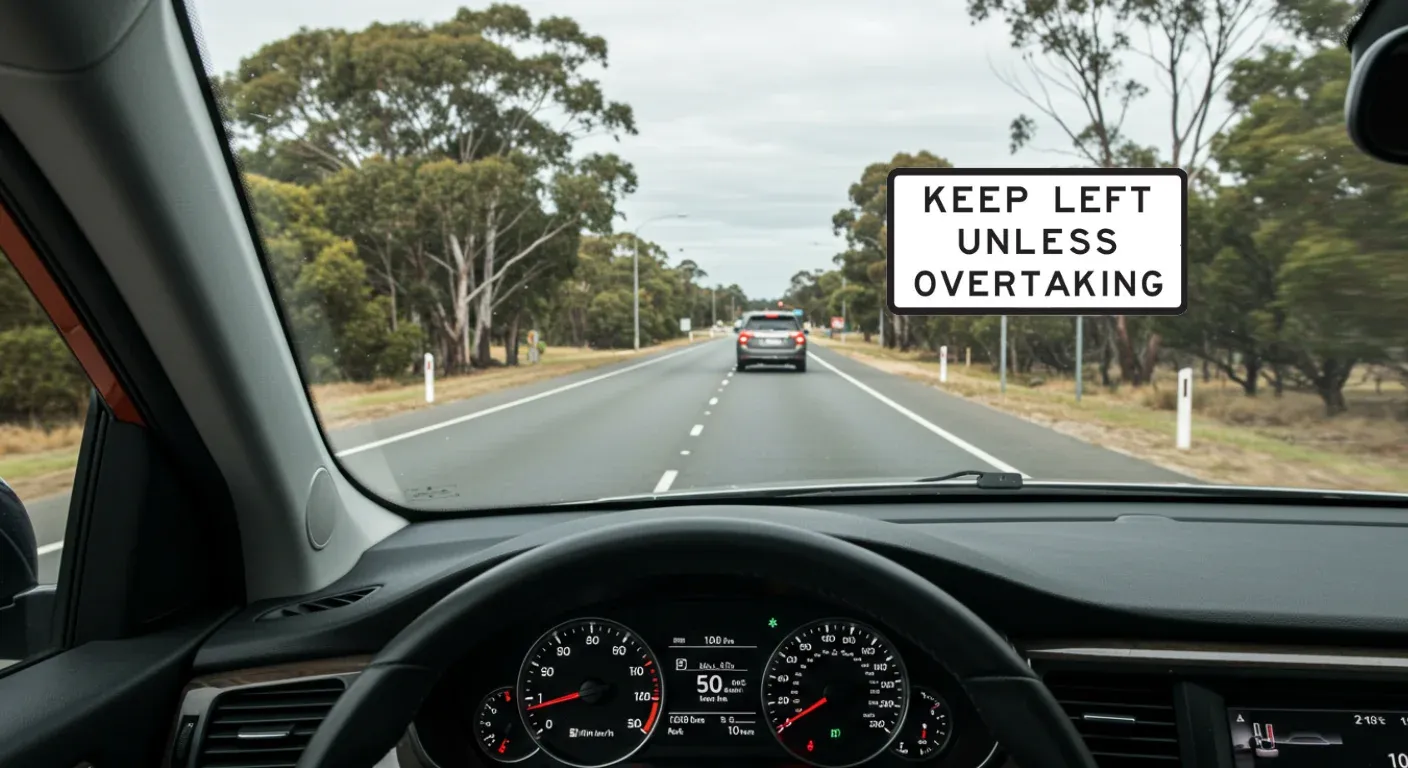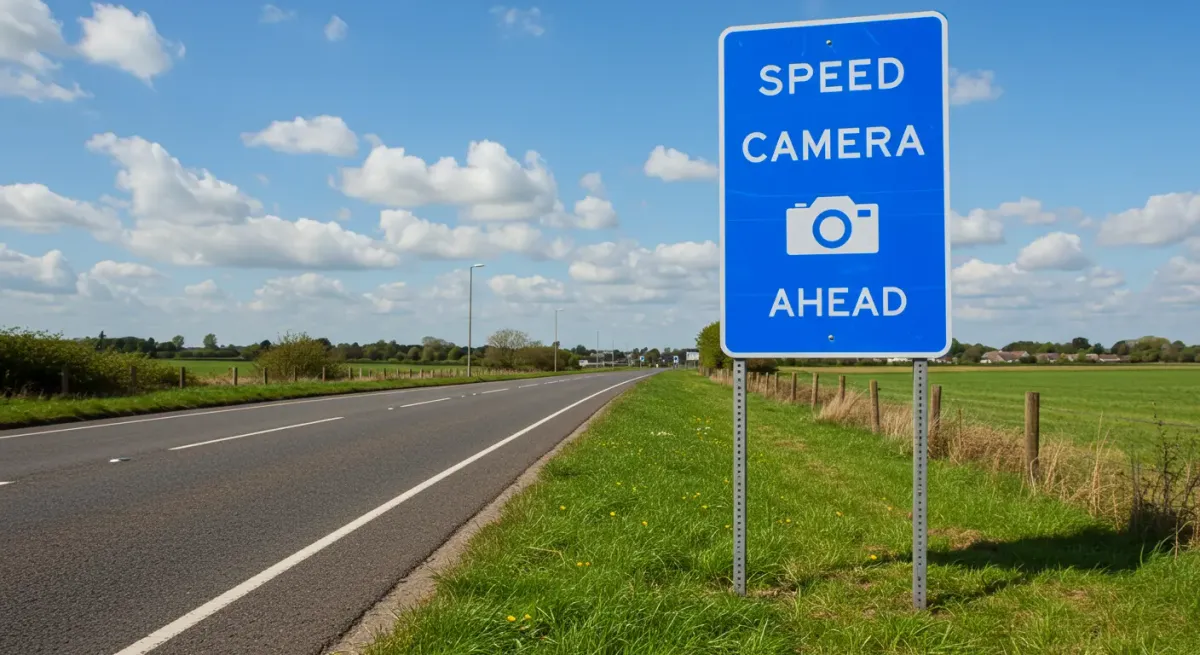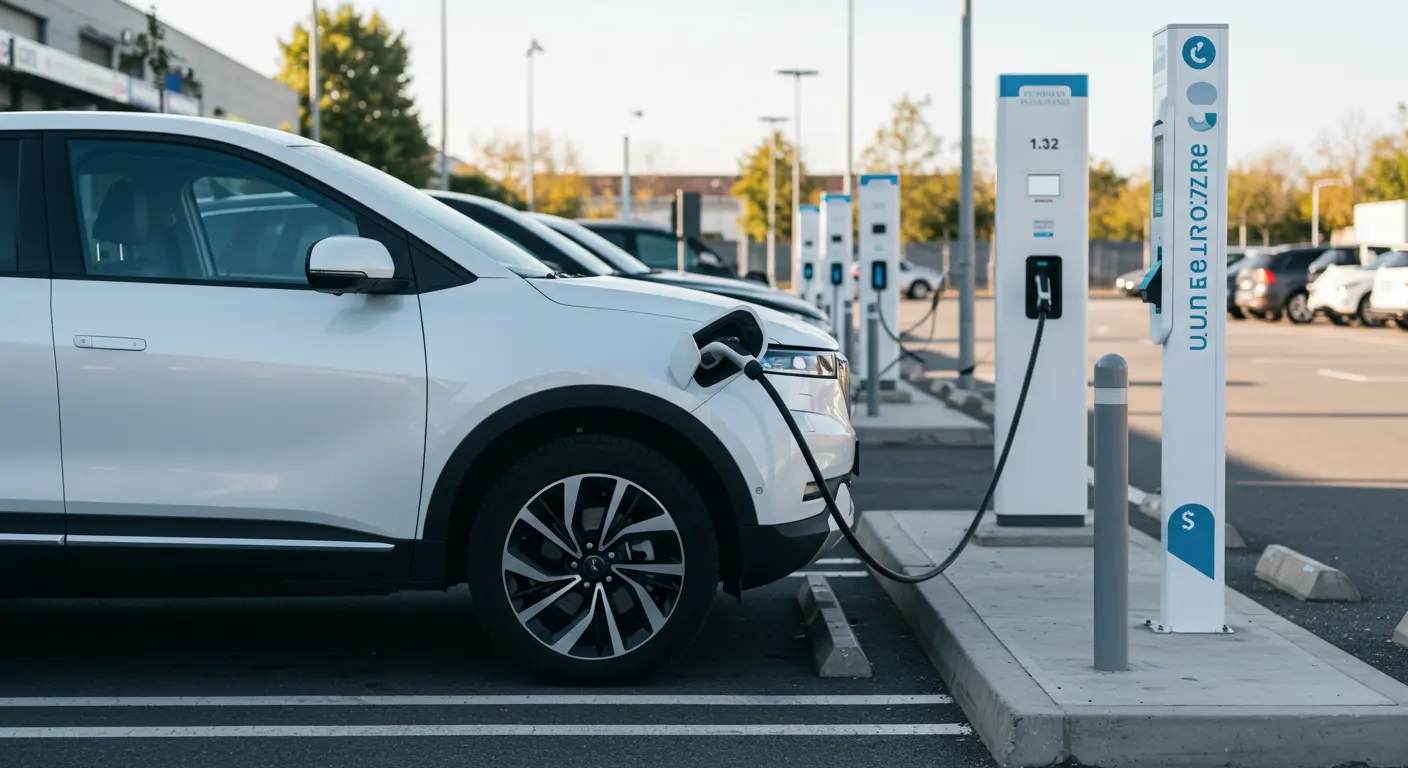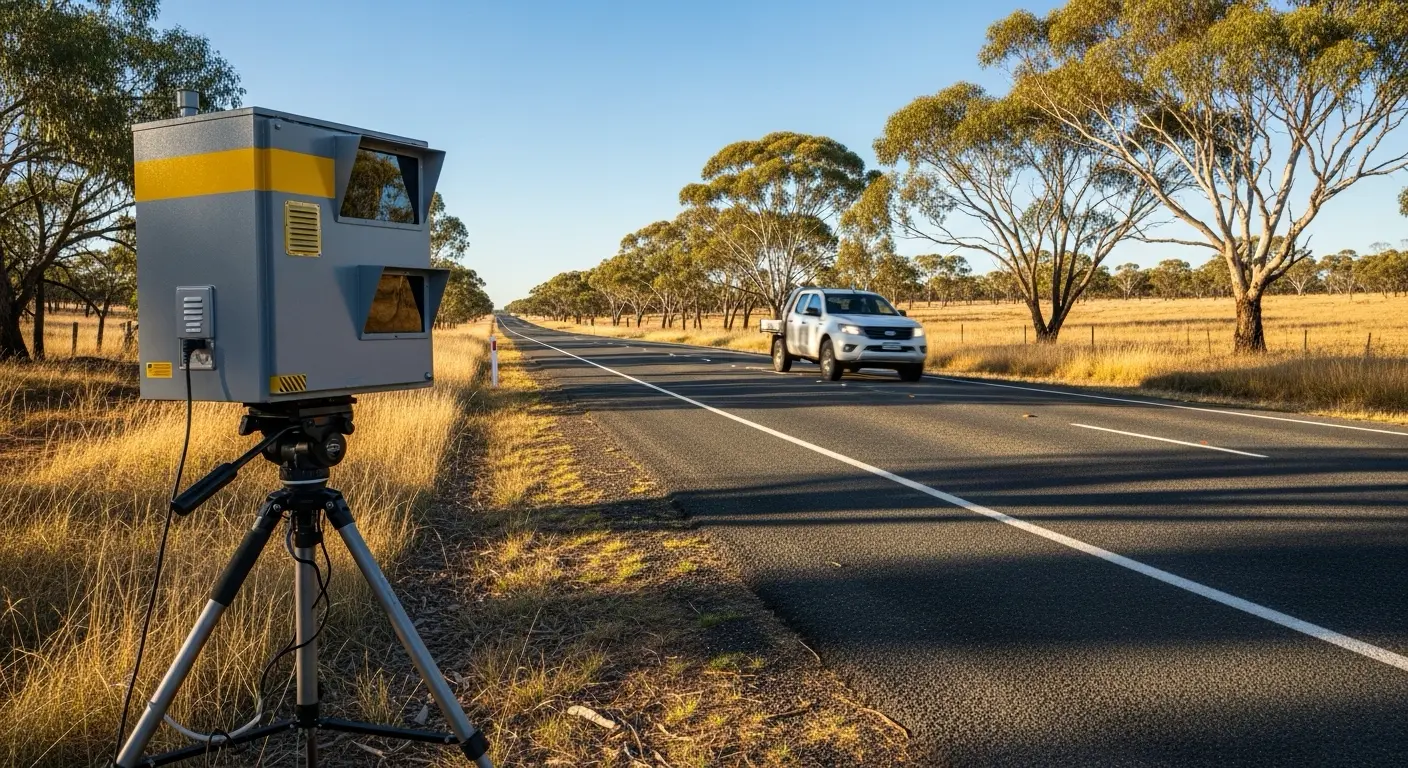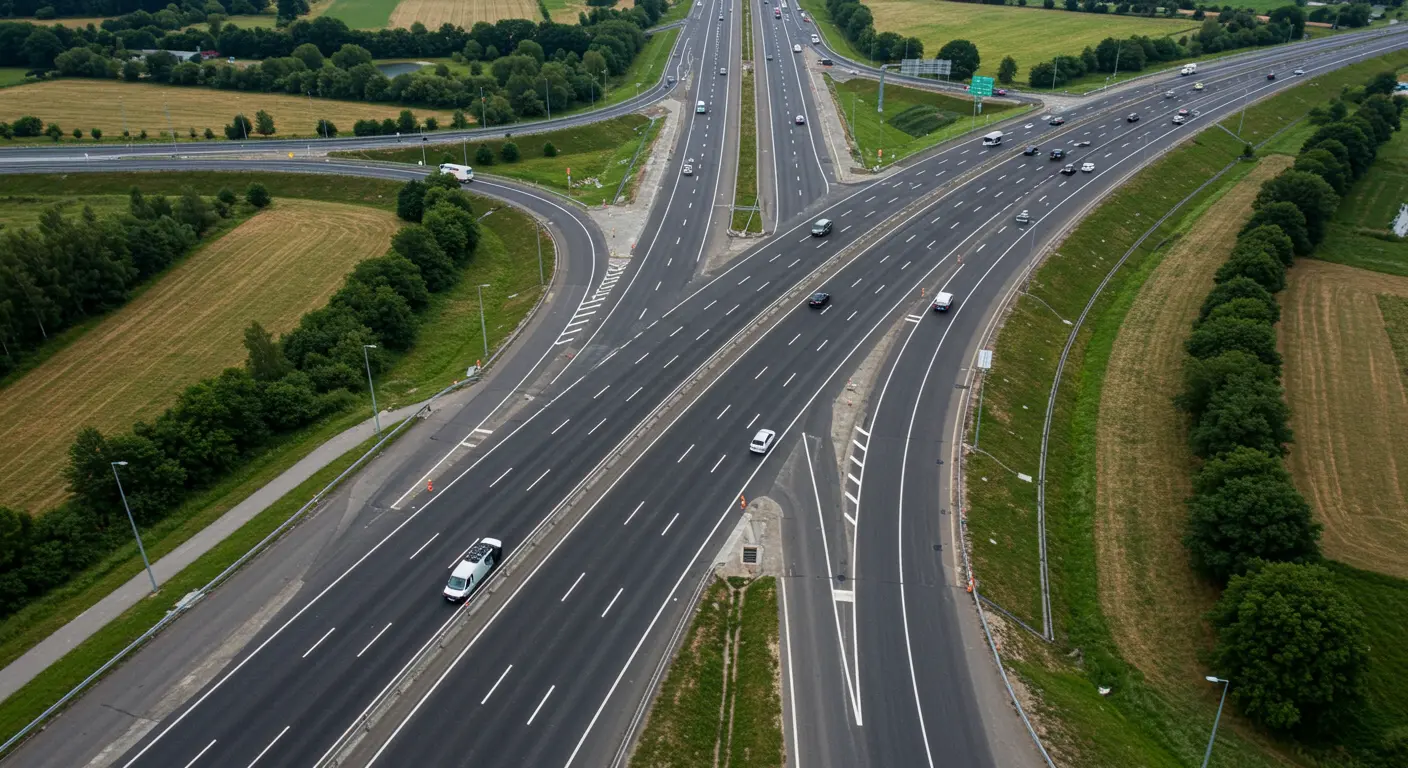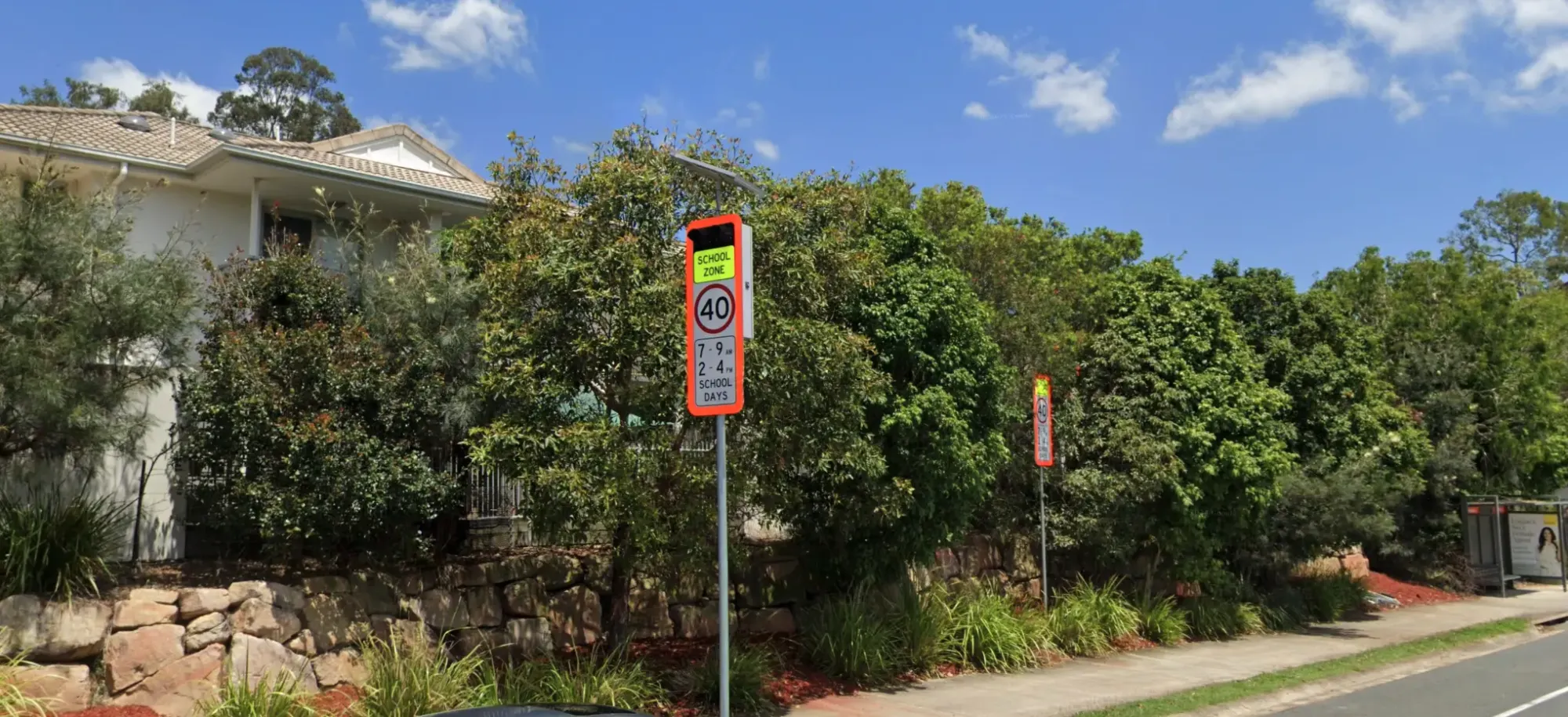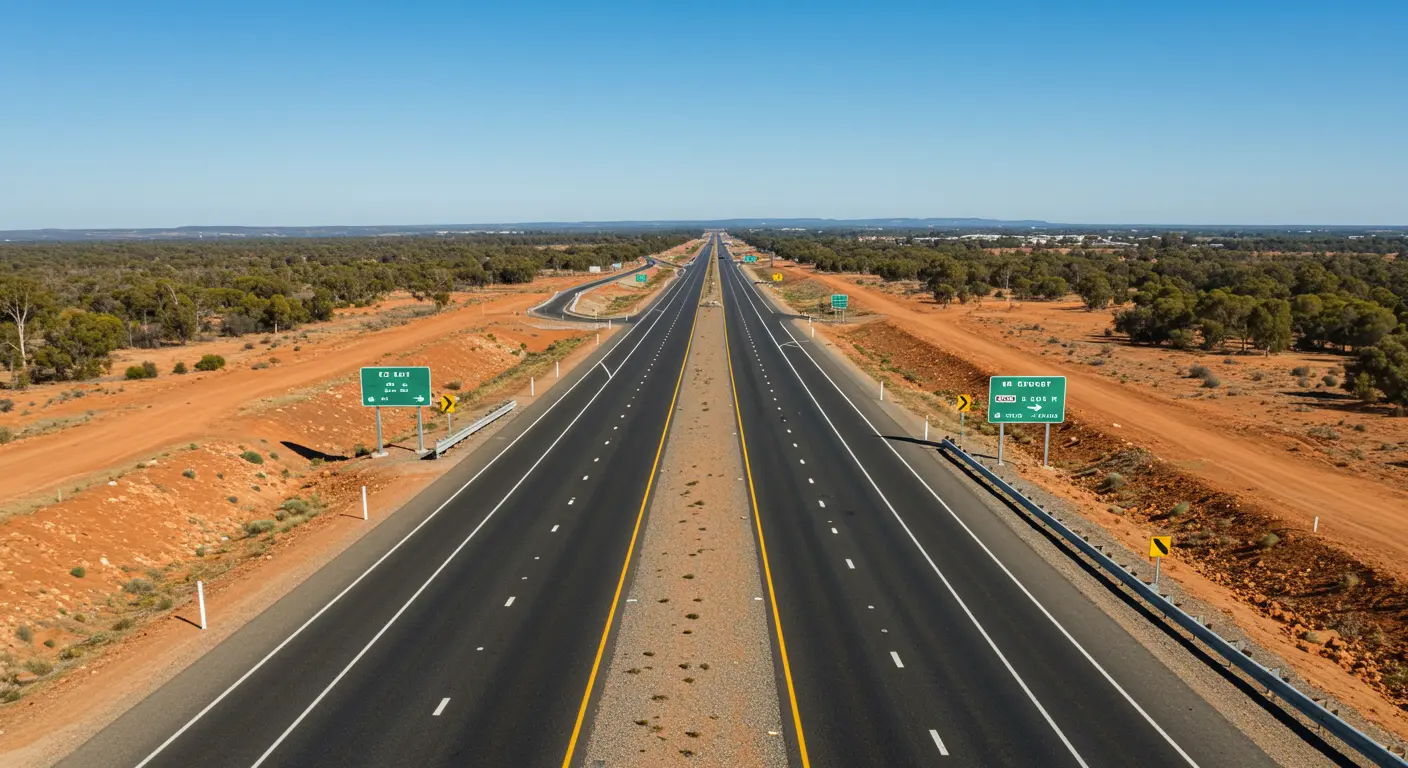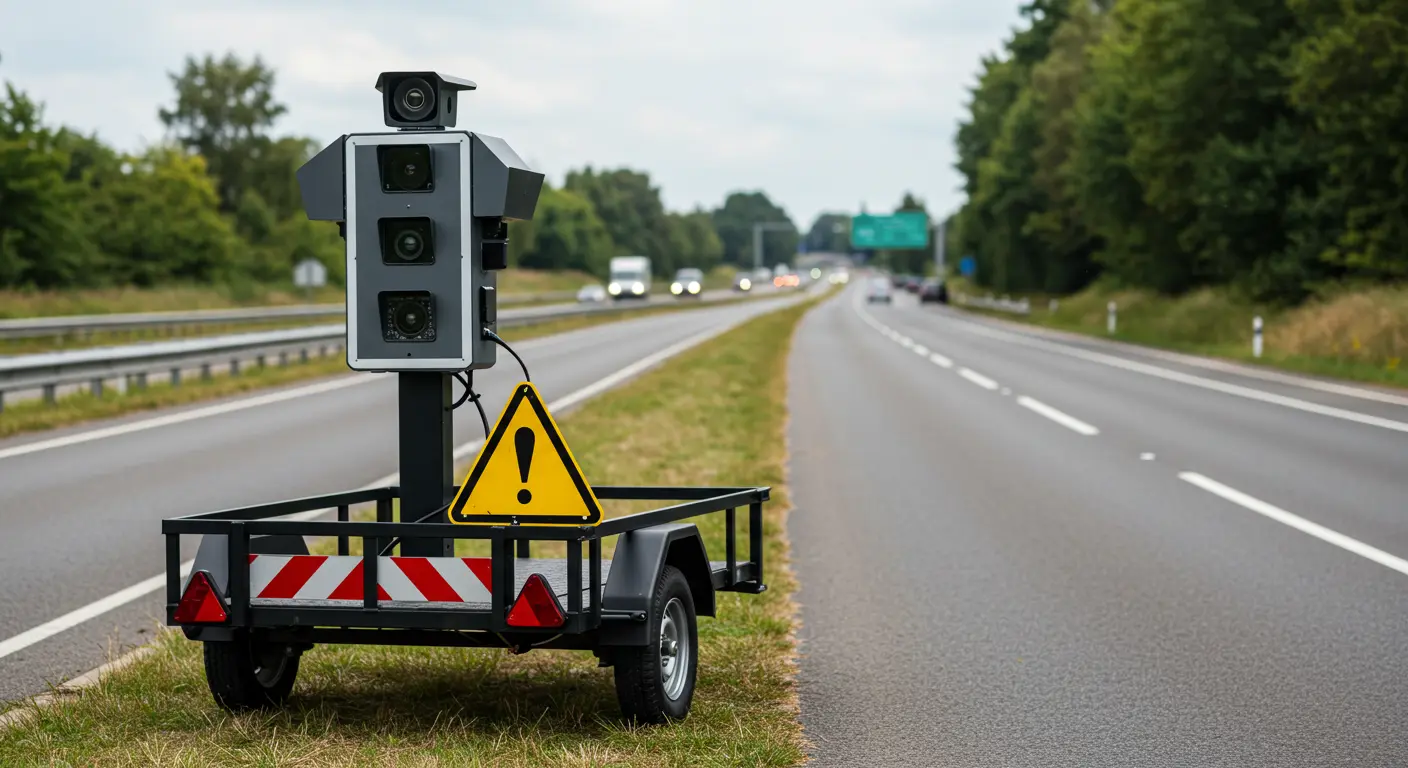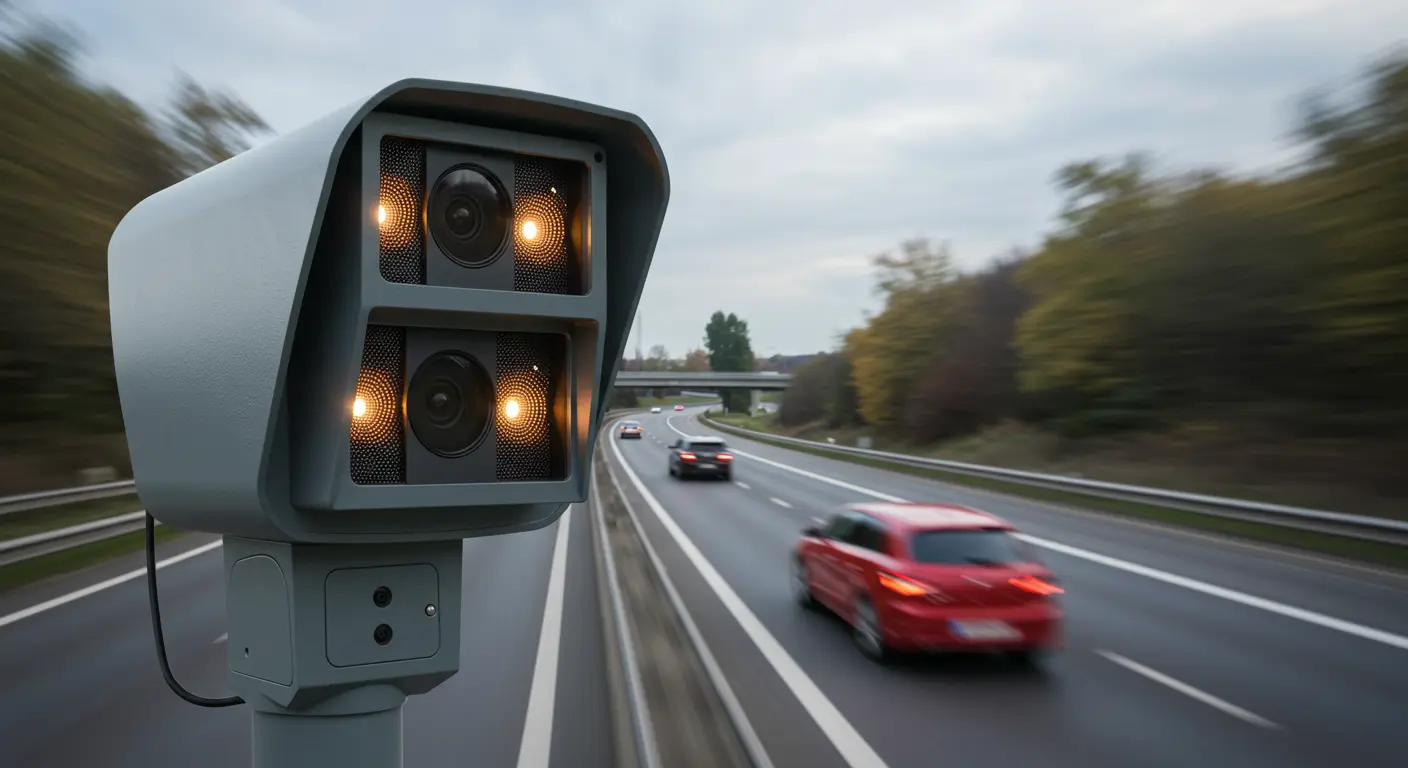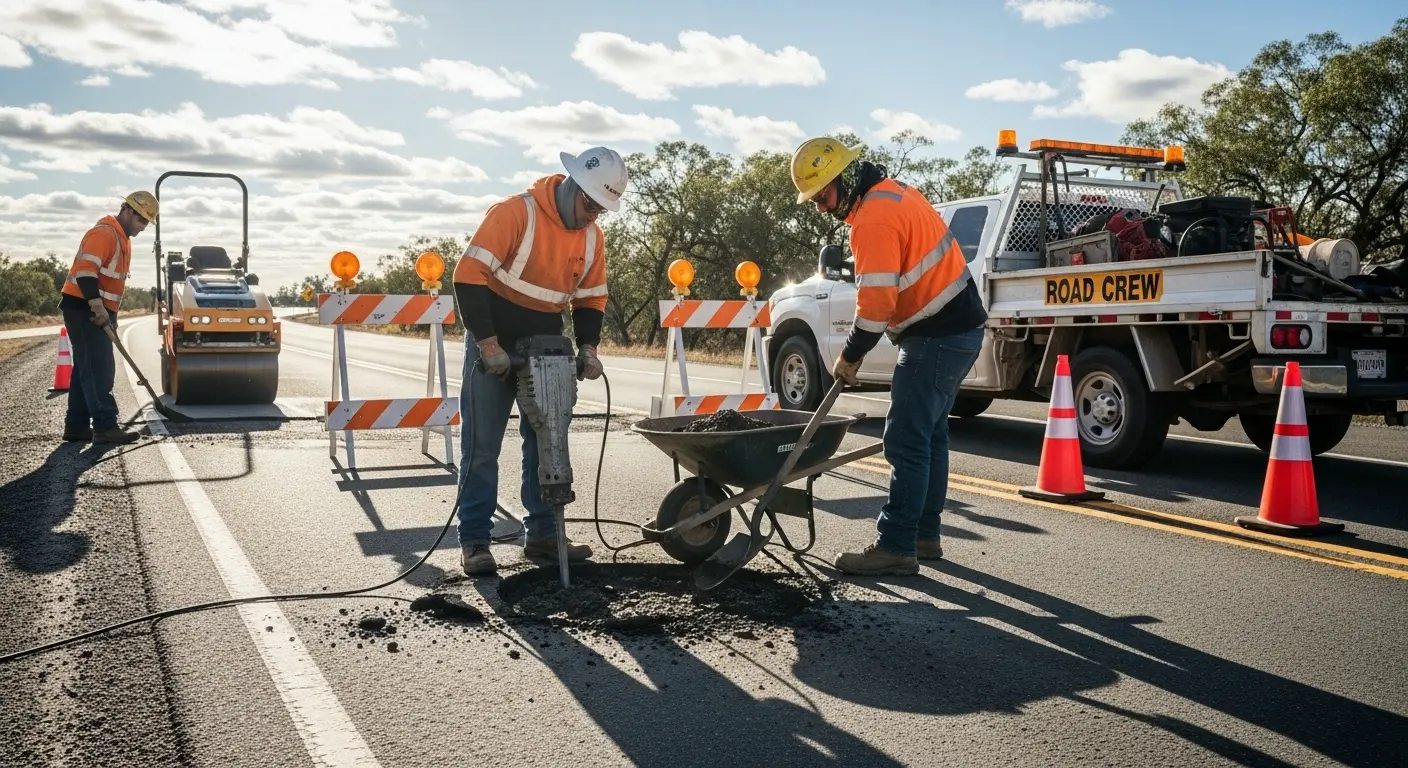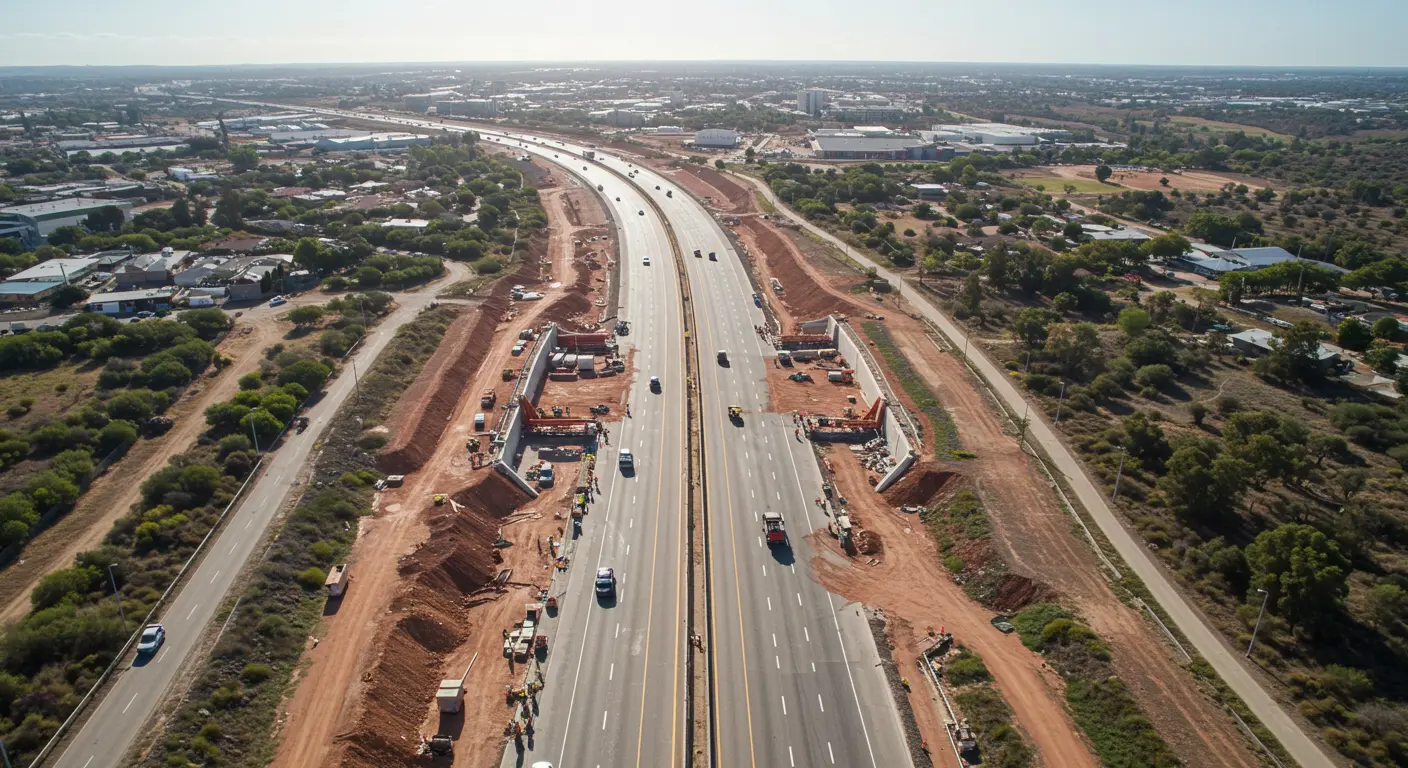The Australian government is advancing plans to introduce road-user charges for electric vehicles (EVs) as the federal budget faces declining fuel excise revenue. The proposal is gaining renewed attention following recent discussions at the national level and ongoing developments in several states.
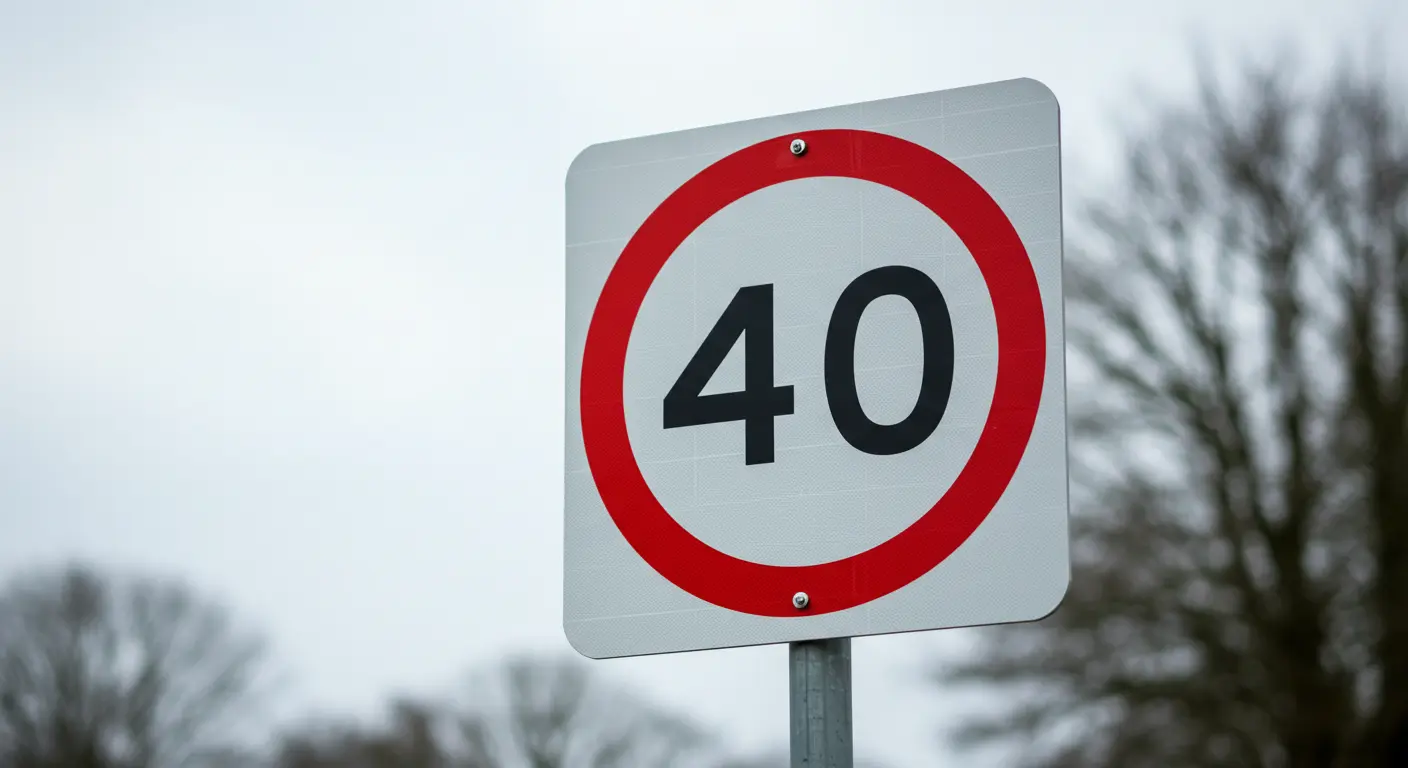
Fuel Excise Revenue Decline
Currently, Australian motorists pay 50.8 cents in fuel excise for every litre of petrol or diesel purchased. This tax generated approximately $15.71 billion in 2023–24 and is forecasted to contribute $67.6 billion between 2024 and 2027. However, as EV adoption increases and fuel-efficient vehicles consume less fuel, fuel excise revenue is projected to continue falling.
Unlike internal combustion engine vehicles, fully electric vehicles do not contribute to fuel excise since they do not consume petrol or diesel. This has raised concerns among policymakers about how to fund ongoing road infrastructure and maintenance costs.
Federal Government Pushes for Reform
Federal Treasurer Jim Chalmers has confirmed that discussions are ongoing with state and territory governments regarding the future of road-user charging. The government argues that all road users, regardless of vehicle type, should contribute fairly to road maintenance and upgrades.
Currently, registration and driver’s licence fees are managed at the state level, while fuel excise is collected federally. The proposal aims to introduce a distance-based charge for EV drivers, ensuring they contribute to infrastructure funding as fuel excise revenue declines.
AAA Supports National Approach
The Australian Automobile Association (AAA) supports a national road-user charge system. It advocates for distance-based charges as a fairer and more sustainable long-term funding model. The AAA has stressed that any new revenue generated should be specifically allocated to road infrastructure projects rather than general government spending.
States Move Ahead with Independent Plans
New South Wales is currently the only state with firm legislation scheduled. NSW plans to introduce a road-user charge from 2027 or earlier if EVs reach 30 percent of new car sales before that date. Under this plan, plug-in hybrid vehicles will pay 80 percent of the full charge to reflect their partial use of fuel.
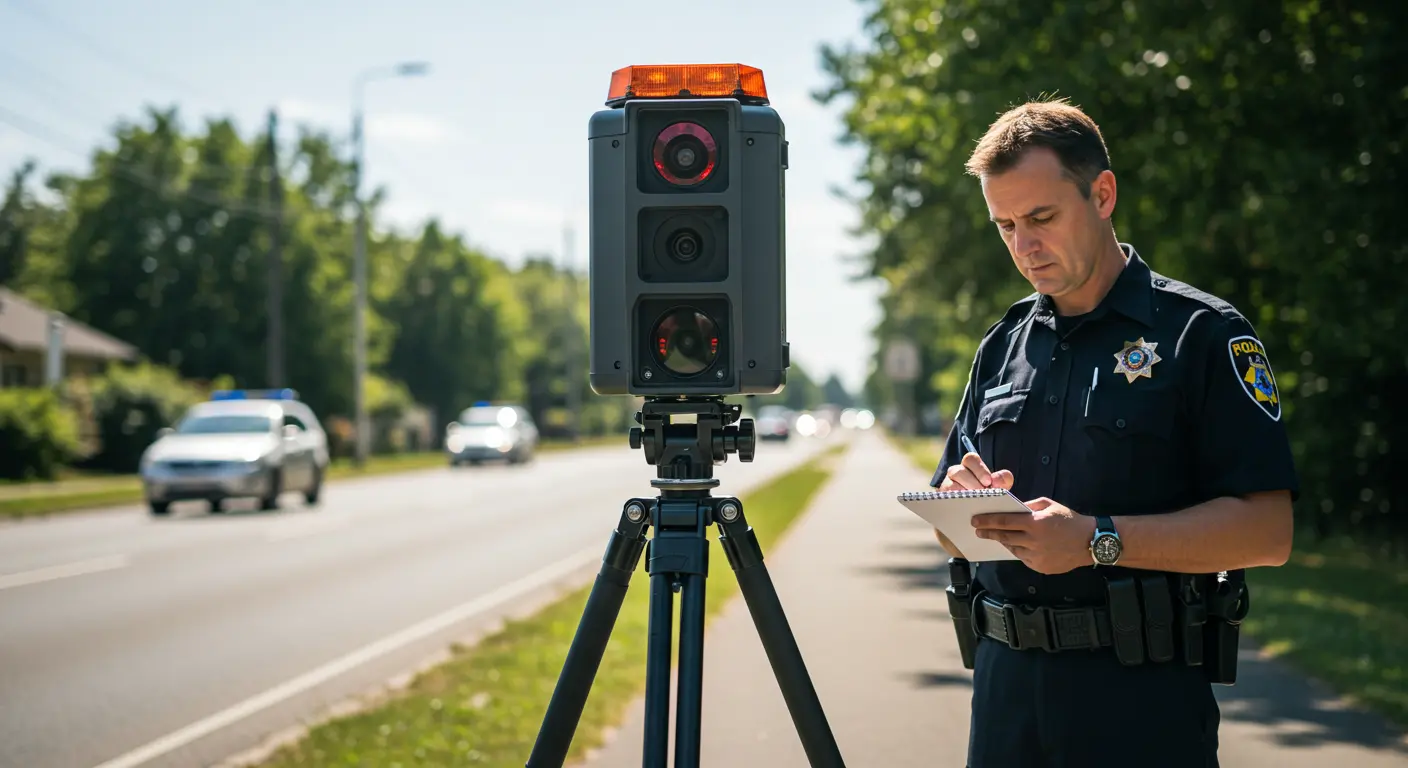
Western Australia has also announced its intention to implement a road-user charge but has yet to release a detailed timeline or framework.
Victoria’s Failed Attempt
Victoria’s attempt to implement a state-level EV road-user charge was struck down by the High Court. The legal challenge, brought by two EV owners, argued that the state’s proposed tax was effectively an excise, which only the federal government has the constitutional power to impose. The High Court upheld the challenge, forcing Victoria to abandon its plans.
Previous Attempts in South Australia
South Australia had also proposed a similar EV charge under its former Liberal Government, which included a combination of fixed and variable fees. However, the plan was postponed due to public backlash and ultimately repealed after a change of government.
Complexity of National Implementation
Introducing a national road-user charge faces legal complexities due to constitutional restrictions. The Australian Constitution limits the federal government from imposing taxes that discriminate between states. While states technically have the authority to introduce such charges, legal precedents, such as the Victorian case, have highlighted the difficulties involved.
Broader Reform Discussions Continue
Experts suggest that a comprehensive road-user charge could eventually include variables such as vehicle weight, distance travelled, road type, and time of travel. This would ensure that heavier vehicles, which cause more road wear, contribute more, and encourage off-peak travel. However, any national rollout would require significant legal and political coordination between federal and state governments.
